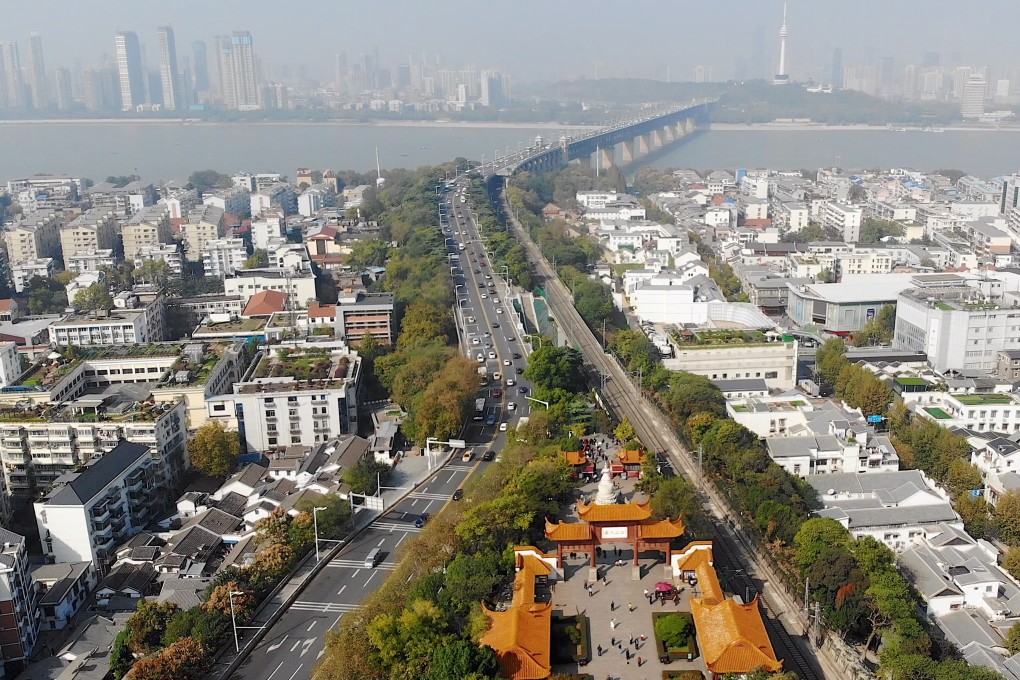Advertisement
Explainer | Why Wuhan is so important to China’s economy and the potential impact of the coronavirus
- Wuhan, the hub of transport and industry for central China, has been sealed off to contain the spread of the deadly outbreak
- Known as the ‘thoroughfare of China’, restrictions on its transport links will impact the economy outside the city, according to The Economist Intelligence Unit
Reading Time:3 minutes
Why you can trust SCMP

He Huifengin Guangdong
Concerns are mounting about the economic toll from a deadly outbreak of coronavirus in the central Chinese city of Wuhan, a transport hub that is home to more than 11 million people and a major engine of growth in the world’s second largest economy.
Public transport in and out the city – including trains, planes and ferries – ground to a halt on Thursday morning as authorities placed the city on lockdown to try to contain the spread of the Sars-like virus that has already killed 17 people and infected hundreds more.
The quarantine measures are the first time Beijing has sealed off a city to fight an acute infectious disease, stoking public health concerns and raising questions about the effect of the disease on China’s economic growth, which is already at record lows.
Advertisement
“The economic impact for China – and potentially elsewhere – will be significant if the virus continues to spread,” The Economist Intelligence Unit (EIU) said in a report released on Thursday.
The economic impact for China – and potentially elsewhere – will be significant if the virus continues to spread
The virus could shave between 0.5 to 1 percentage point off China’s gross domestic product growth (GDP) this year against a baseline forecast of 5.9 per cent, the EIU said.
Advertisement
Advertisement
Select Voice
Choose your listening speed
Get through articles 2x faster
1.25x
250 WPM
Slow
Average
Fast
1.25x